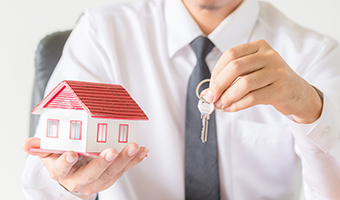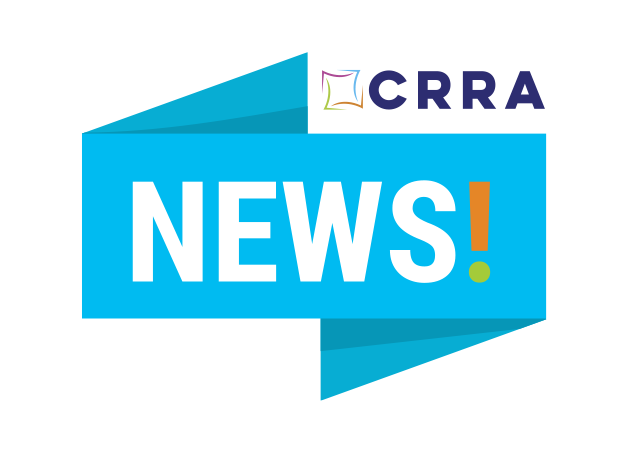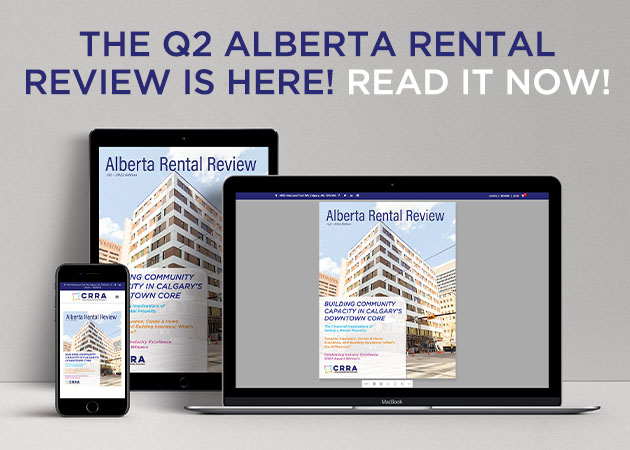Sustaining Homes, Satisfied Tenants:
A Comprehensive Guide for Landlords on Property Maintenance
As a landlord, maintaining your property isn’t just about preserving its aesthetic appeal; it’s about creating a safe, comfortable space for your tenants. In this comprehensive guide, we’ll delve into the importance of ongoing property maintenance, outline best practices for landlords, explore conflict resolution ideas, and discuss positive tactics to foster strong landlord-tenant relationships while ensuring the longevity of your investments.

The Significance of Ongoing Property Maintenance:
- Protecting Your Investment: Regular maintenance is not just a cosmetic endeavor; it’s a fundamental aspect of safeguarding your property investment. Proactive care helps identify and address issues before they escalate, saving landlords from costly repairs in the long run.
- Tenant Satisfaction and Retention: Well-maintained properties contribute to tenant satisfaction, increasing the likelihood of lease renewals. A comfortable living environment enhances tenant well-being and fosters positive relationships, creating a win-win situation for both landlords and tenants.
- Legal Compliance: Adhering to maintenance responsibilities is not only ethical but often a legal requirement. Understanding and meeting these obligations can protect landlords from potential legal issues and disputes.

Best Practices for Landlords:
- Regular Inspections: Implement a schedule for routine property inspections. Regular inspections allow landlords to identify maintenance needs early, addressing issues before they become major problems.
- Create a Maintenance Calendar: Develop a comprehensive maintenance calendar outlining tasks for each season. This calendar can serve as a proactive guide, ensuring that all aspects of the property receive attention throughout the year.
- Prioritize Health and Safety: Place a strong emphasis on health and safety concerns during inspections. Address issues such as mold, pest infestations, and electrical or plumbing problems promptly to ensure the well-being of your tenants.
- Building a Network of Reliable Contractors: Establish relationships with reputable contractors and service providers. A reliable network of professionals can expedite maintenance tasks, ensuring timely and quality repairs when needed.

Conflict Resolution Ideas:
- Open Communication Channels: Encourage tenants to report maintenance issues promptly. Establish clear lines of communication, making it easy for tenants to reach out with concerns. Responding promptly to maintenance requests demonstrates a commitment to tenant satisfaction.
- Provide Regular Updates: Keep tenants informed about ongoing maintenance schedules and any planned repairs. Transparency can help manage tenant expectations, reducing frustration and potential conflicts.
- Emergency Response Protocols: Develop clear emergency response protocols for urgent maintenance issues. Tenants should know how to report emergencies, and landlords should have a rapid and effective system in place to address critical situations promptly.
- Mediation Services: In the event of a dispute related to maintenance, consider engaging professional mediation services. Mediators can facilitate constructive conversations and help parties find mutually agreeable solutions without resorting to legal action.

Positive Tactics for Tenant Relations:
- Incentive Programs: Implement incentive programs to encourage tenants to report maintenance issues promptly. Recognize and reward tenants for their diligence in notifying landlords about potential problems.
- Regular Community Meetings: Organize regular community meetings to discuss maintenance schedules, updates, and any upcoming renovations. This not only keeps tenants informed but also provides a platform for open communication and feedback.
- Educational Resources: Offer educational resources to tenants on basic property maintenance, such as tips for preventing common issues and guidelines for proper care of appliances. Empowering tenants with knowledge can contribute to a cooperative and responsible living community.
- Feedback Mechanisms: Establish feedback mechanisms for tenants to share their thoughts on the maintenance process. This can help landlords identify areas for improvement, demonstrate a commitment to tenant satisfaction, and build positive relationships.
In the realm of property management, ongoing maintenance is the cornerstone of success. Landlords who prioritize regular care for their properties not only protect their investments but also create an environment where tenants feel valued and secure. By adopting best practices, implementing effective conflict resolution strategies, and embracing positive tactics, landlords can foster a thriving community while ensuring the sustained well-being of their properties. After all, property maintenance isn’t just about fixing things; it’s about creating homes where tenants can flourish.







